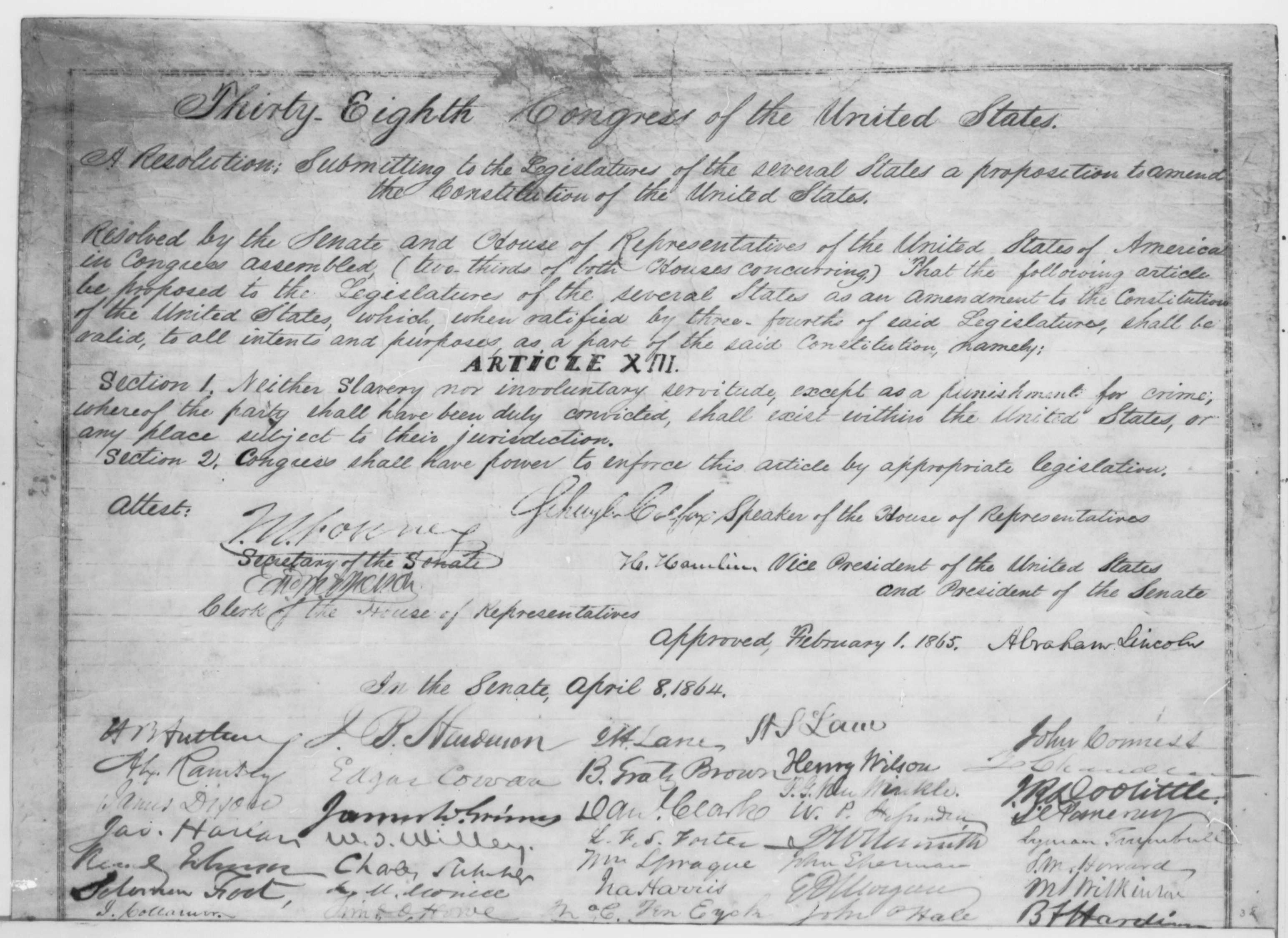Different times, different causes
http://www.youtube.com/watch?v=Hfhk2WxfV2c
In the first song, “People Got to Be Free” by The Rascals tries to convince listeners that everyone should be free. Through out the entire song, the Rascals explains it very simple and natural for everyone to see. Everyone is the same and everyone should be free. The group refers to civil rights movement in the 1960s in their last verse when they mention the “Train of Freedom” that is coming and has been long over due. The second song, “Living with War” by Neil Young refers to the need for peace and the protest against war. Although Neil Young does not explicitly mention which war he is singing about, he is referring to the Iraq War. “I take a holy vow, to never kill again.” He tries to convince listeners to there is no need to fight. In the song he says he lives with war everyday and killing will only mean more people dying on both sides.
Since the 1960s, many protest songs have been geared towards event that happen in their current time. In Neil Young’s song, he sings about the war taking place in 2006, the Iraq War. In The Rascals’ song, they were singing about the need to be free and the civil rights movement in the 1960s. Both songs are fairly general songs as they can be applied to the protest against war and the call for peace and freedom. Neither of the songs explicitly reveal details of a specific event that has happened.





 The main reason for the American entry into World War I was the German use of submarine warfare (1917), violating the United State right to freedom of the seas. German was suffering from near- starvation due to a lack of supplies and food. German military leaders feared they would lose the war unless they could defeat Britain and France quickly. They therefore took a risk by announcing they would they would sink any ship in the blockaded areas. This was a clear violation of the American principle of freedom of the seas that neutral parties have the right to ship non-war goods to nations at war. When German followed up its threat by ordering its submarines to sink three unarmed American merchant vessels, Wilson asked congress for a declaration of war against German.
The main reason for the American entry into World War I was the German use of submarine warfare (1917), violating the United State right to freedom of the seas. German was suffering from near- starvation due to a lack of supplies and food. German military leaders feared they would lose the war unless they could defeat Britain and France quickly. They therefore took a risk by announcing they would they would sink any ship in the blockaded areas. This was a clear violation of the American principle of freedom of the seas that neutral parties have the right to ship non-war goods to nations at war. When German followed up its threat by ordering its submarines to sink three unarmed American merchant vessels, Wilson asked congress for a declaration of war against German.



